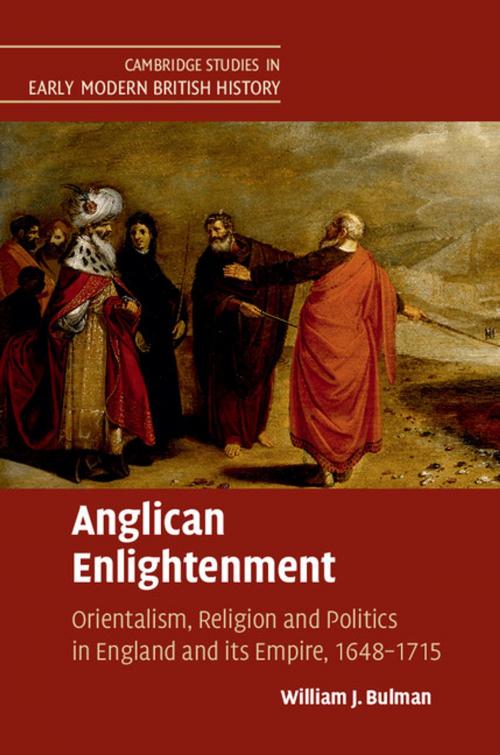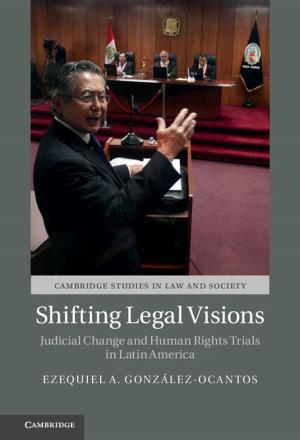Anglican Enlightenment
Orientalism, Religion and Politics in England and its Empire, 1648–1715
Nonfiction, History, British, Social & Cultural Studies, Social Science| Author: | William J. Bulman | ISBN: | 9781316288887 |
| Publisher: | Cambridge University Press | Publication: | May 12, 2015 |
| Imprint: | Cambridge University Press | Language: | English |
| Author: | William J. Bulman |
| ISBN: | 9781316288887 |
| Publisher: | Cambridge University Press |
| Publication: | May 12, 2015 |
| Imprint: | Cambridge University Press |
| Language: | English |
This is an original interpretation of the early European Enlightenment and the religious conflicts that rocked England and its empire under the later Stuarts. In a series of vignettes that move between Europe and North Africa, William J. Bulman shows that this period witnessed not a struggle for and against new ideas and greater freedoms, but a battle between several novel schemes for civil peace. Bulman considers anew the most apparently conservative force in post-Civil War English history: the conformist leadership of the Church of England. He demonstrates that the church's historical scholarship, social science, pastoral care and political practice amounted not to a culturally backward spectacle of intolerance, but to a campaign for stability drawn from the frontiers of erudition and globalization. In seeking to sever the link between zeal and chaos, the church and its enemies were thus united in an Enlightenment project, but bitterly divided over what it meant in practice.
This is an original interpretation of the early European Enlightenment and the religious conflicts that rocked England and its empire under the later Stuarts. In a series of vignettes that move between Europe and North Africa, William J. Bulman shows that this period witnessed not a struggle for and against new ideas and greater freedoms, but a battle between several novel schemes for civil peace. Bulman considers anew the most apparently conservative force in post-Civil War English history: the conformist leadership of the Church of England. He demonstrates that the church's historical scholarship, social science, pastoral care and political practice amounted not to a culturally backward spectacle of intolerance, but to a campaign for stability drawn from the frontiers of erudition and globalization. In seeking to sever the link between zeal and chaos, the church and its enemies were thus united in an Enlightenment project, but bitterly divided over what it meant in practice.















